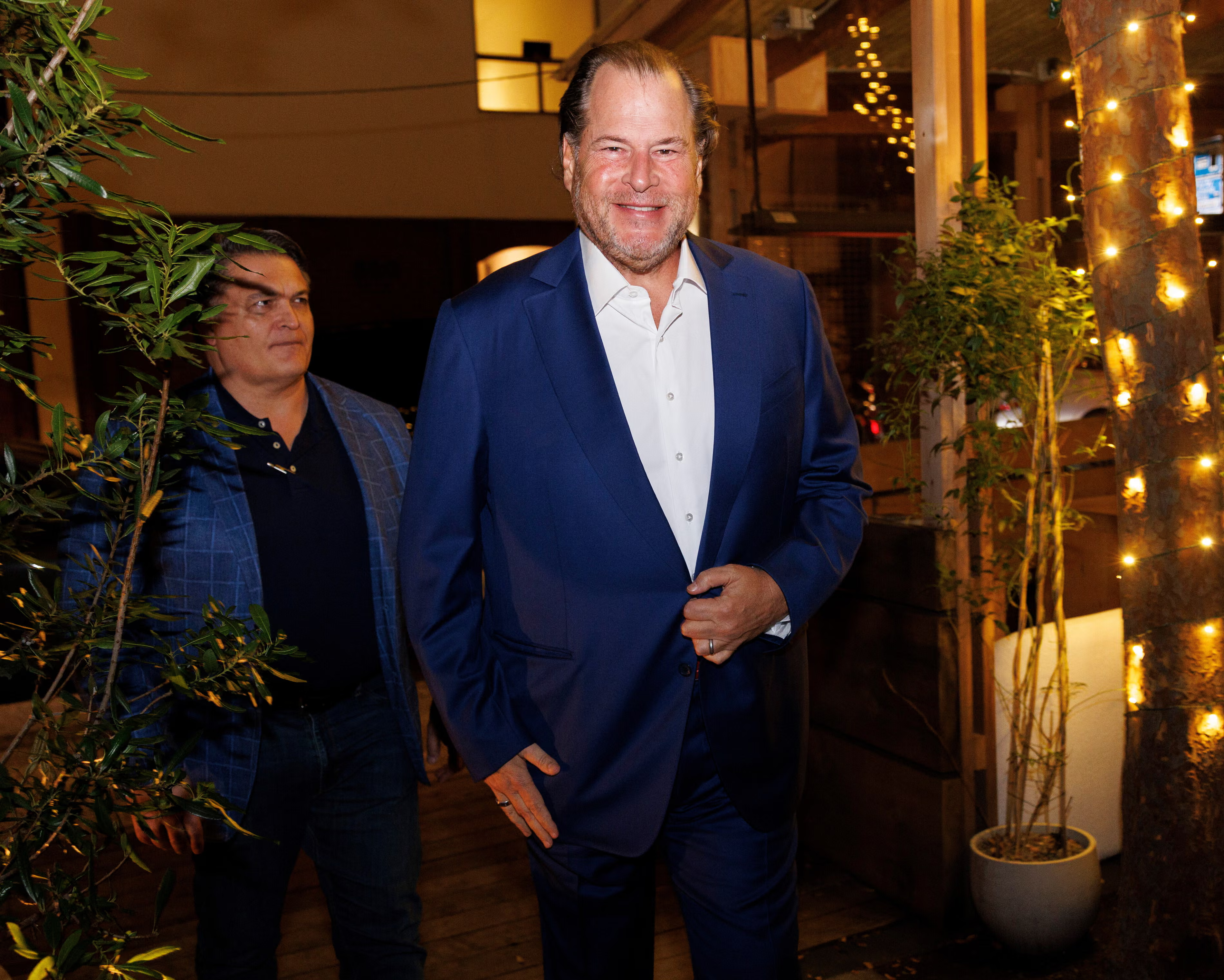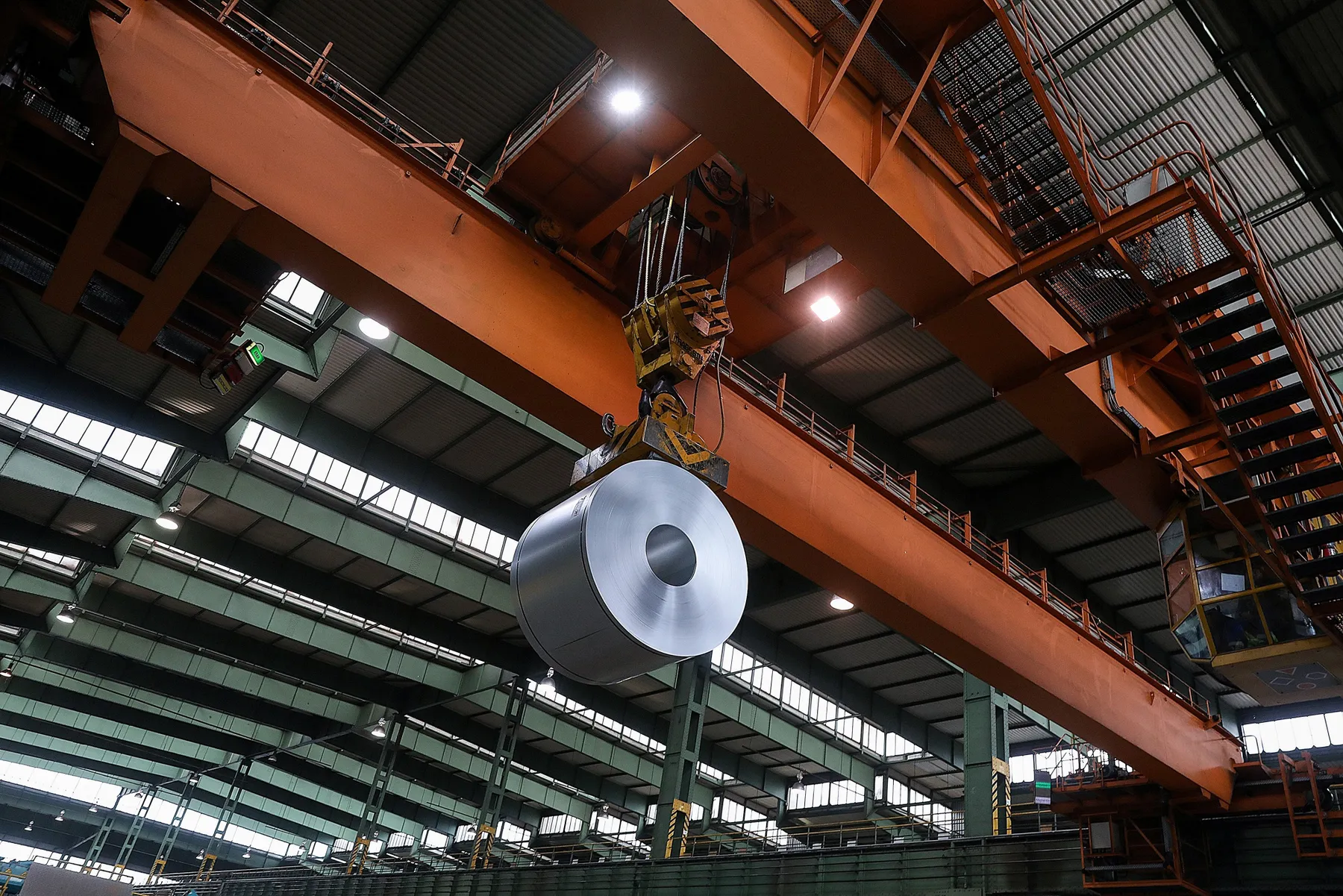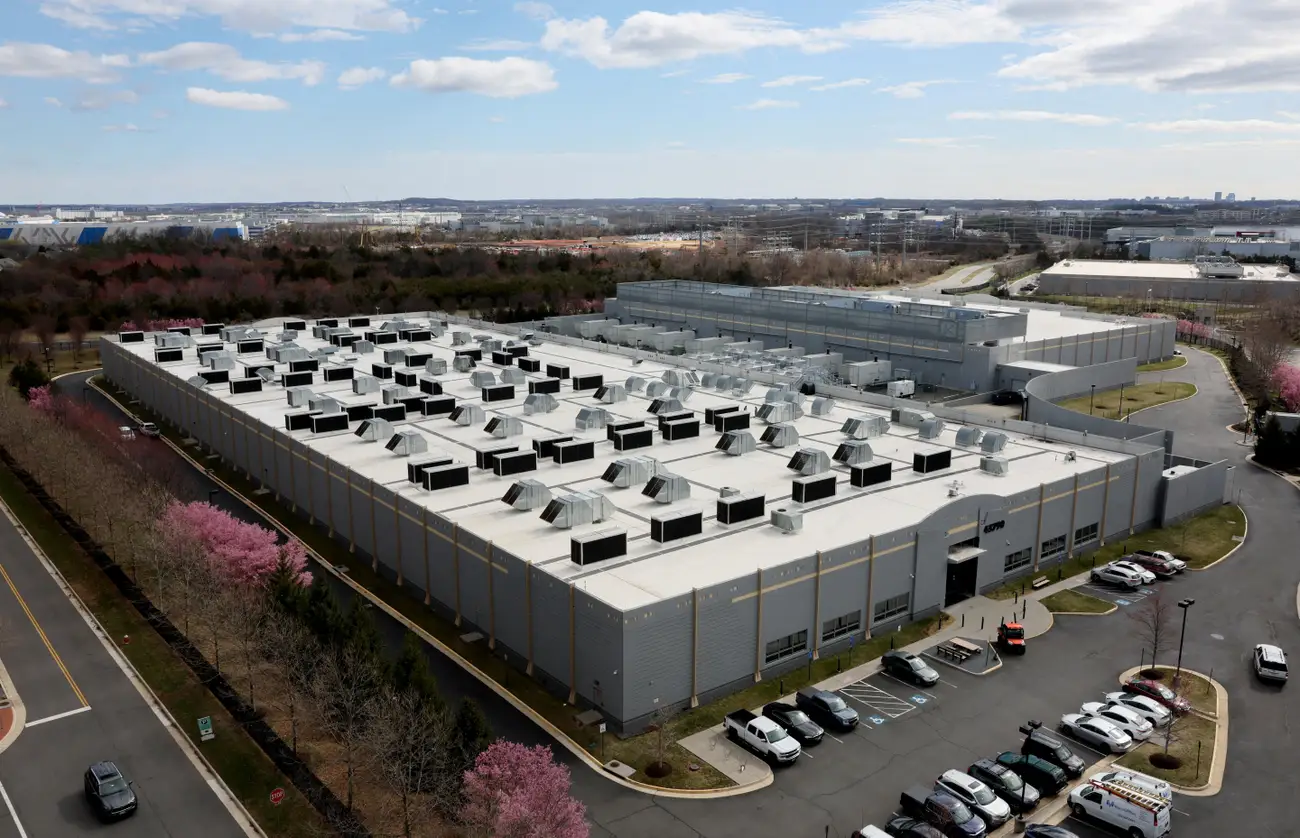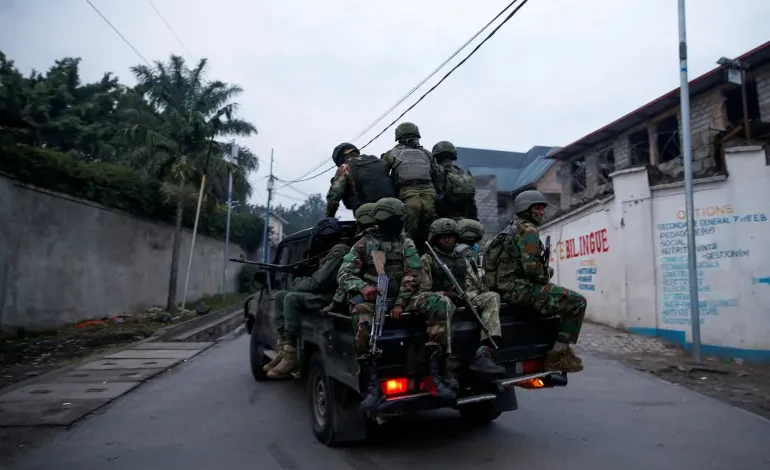At least 319 civilians, including 48 women and 19 children, were killed last month in eastern Democratic Republic of the Congo (DRC) by Rwanda-backed M23 rebels, according to the United Nations.
Volker Turk, the UN high commissioner for human rights, called it one of the deadliest incidents since M23 fighters resurfaced in 2022. He cited “first-hand accounts” in a statement released Wednesday.
The killings happened in Rutshuru territory, part of North Kivu Province, an area that’s been caught in conflict for decades. Since M23’s resurgence in 2021, the rebel group has taken control of large parts of the mineral-rich east, pushing out government forces and worsening an already dire humanitarian crisis.
What makes the situation even more alarming is that the violence came just weeks after the Congolese government and M23 signed a declaration in June, reaffirming their commitment to a permanent ceasefire. That ceasefire followed months of shaky truces and unkept promises.
“I am appalled by the attacks on civilians by the M23 and other armed groups in eastern DRC amid continued fighting, despite the ceasefire that was recently signed in Doha,” Turk said in the statement. “All attacks against civilians must stop immediately, and all those responsible must be held to account.”
According to the UN Human Rights Office, the killings in North Kivu are part of a broader wave of attacks across the east, including South Kivu and Ituri provinces — all areas bordering Rwanda, Uganda, and Burundi.
The June agreement signed in Doha laid out a roadmap for peace. It included pledges to stop hate speech, avoid seizing territory by force, and restore state control in rebel-held areas. Both sides also agreed to open direct talks toward a broader peace deal.
That came on the heels of another agreement signed in Washington between the governments of DRC and Rwanda — two countries with a long, uneasy history dating back to the 1990s. But despite the diplomatic paper trail, little has changed on the ground.
Rwandan President Paul Kagame and DRC President Felix Tshisekedi are expected to meet in the coming months to move forward on the Washington framework. The two countries also signed a US-brokered economic outline last week, though its terms have yet to be made public.
Turk urged both governments and international mediators to act quickly.
“I urge the signatories and facilitators of both the Doha and Washington agreements to ensure that they rapidly translate into safety, security and real progress for civilians in the DRC, who continue to endure the devastating consequences of these conflicts,” he said.
Eastern DRC, home to vast reserves of gold, coltan, and other critical minerals, has been entangled in cycles of war, proxy interference, and rebel insurgencies for more than 30 years. Despite numerous peace deals, the violence continues to claim lives — and trust.










The latest news in your social feeds
Subscribe to our social media platforms to stay tuned